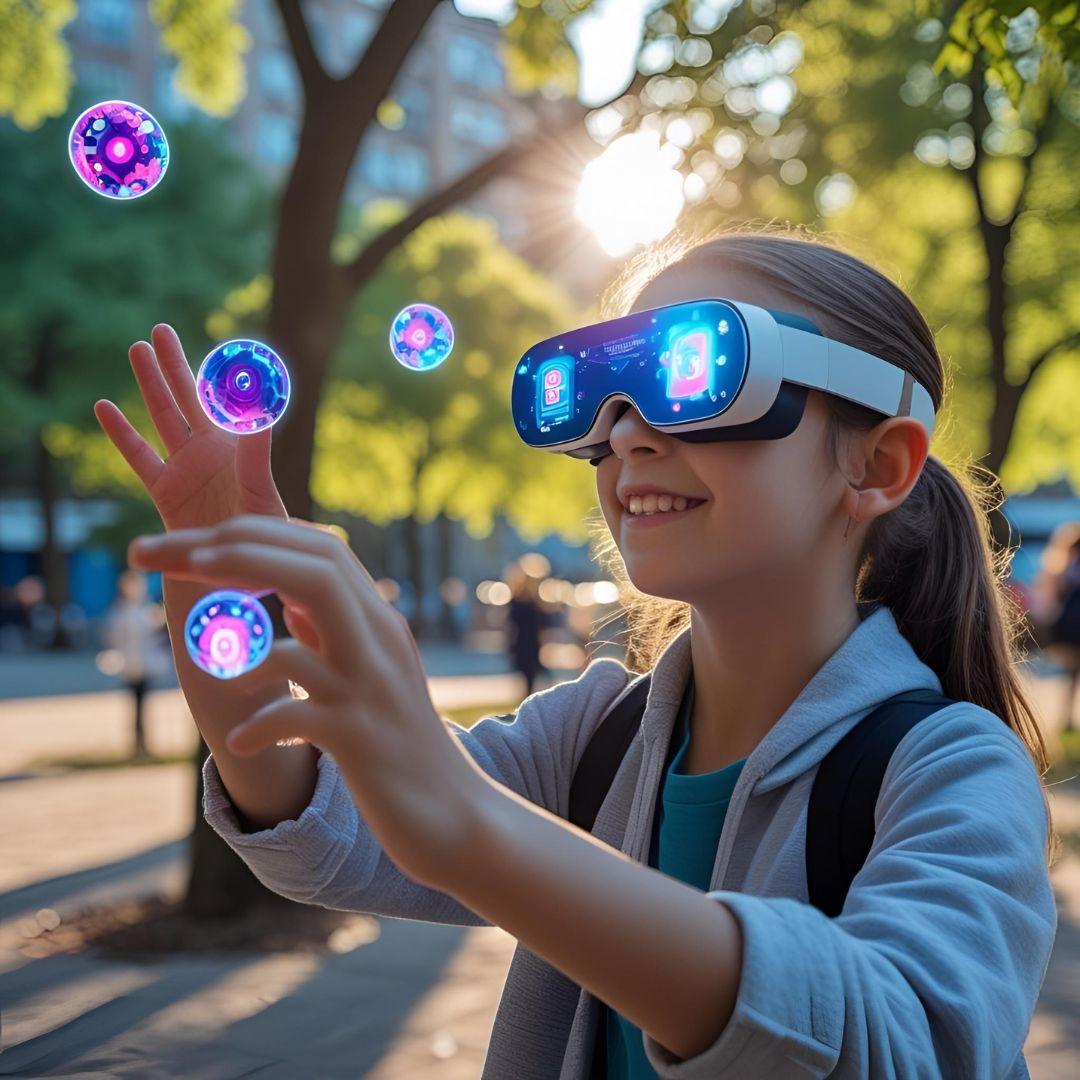Inquire
Augmented Reality in Enhancing Startup Customer Engagement

Augmented Reality (AR) has emerged as a transformative technology that overlays digital content onto the physical world, creating immersive and interactive experiences for users. For startups looking to differentiate themselves in competitive markets, AR offers innovative ways to engage customers, showcase products, and build brand loyalty. By seamlessly blending virtual elements with real-world environments, AR enhances customer interaction and provides memorable experiences that drive deeper connections.
One of the most common applications of AR for startups is in product visualization. Instead of static images or videos, customers can use AR-enabled apps to view 3D models of products in their own environment. For example, a furniture startup can let users visualize how a sofa fits in their living room before making a purchase. This capability reduces uncertainty, builds confidence, and accelerates the decision-making process, leading to higher conversion rates.
AR also enables interactive marketing campaigns that capture user attention in novel ways. Startups can create AR filters, games, or scavenger hunts linked to their brand, encouraging users to participate and share content on social media. These experiences not only increase engagement but also foster viral word-of-mouth promotion. For instance, fashion startups have leveraged AR to allow virtual try-ons of clothing and accessories, creating personalized shopping experiences that feel fun and convenient.
In customer support, AR can enhance remote assistance by allowing users to share real-time views of products or issues. Support agents can guide customers visually through troubleshooting steps, reducing resolution time and improving satisfaction. This is particularly valuable for startups dealing with complex or technical products where visual aid is crucial.
Furthermore, AR can transform physical retail spaces into interactive showrooms. By integrating AR kiosks or mobile apps, startups can provide additional product information, videos, or customization options, enriching the in-store experience. This fusion of digital and physical retail helps startups bridge the gap between online convenience and offline tangibility.
Implementing AR requires startups to carefully plan both the technology stack and content strategy. Development tools like ARKit (Apple), ARCore (Google), and platforms like Unity and Vuforia provide frameworks to build AR applications efficiently. Startups must also consider device compatibility, as AR experiences should work smoothly across smartphones, tablets, and potentially AR glasses in the future.
While AR enhances engagement, startups should focus on delivering meaningful, user-centric experiences rather than gimmicks. The goal is to solve real customer problems or add genuine value through AR. Additionally, measuring the impact of AR campaigns through analytics and customer feedback is essential to refine and optimize engagement strategies.
Conclusion:
Augmented Reality offers startups a powerful toolkit to elevate customer engagement by delivering immersive, interactive, and personalized experiences. By enabling virtual product try-ons, interactive marketing, enhanced support, and enriched retail spaces, AR helps startups build stronger relationships with customers and stand out in crowded markets. As AR technology becomes more accessible, startups that embrace its potential today will unlock new dimensions of customer loyalty and business growth.
- Managerial Effectiveness!
- Future and Predictions
- Motivatinal / Inspiring
- Other
- Entrepreneurship
- Mentoring & Guidance
- Marketing
- Networking
- HR & Recruiting
- Literature
- Shopping
- Career Management & Advancement


 SkillClick
SkillClick